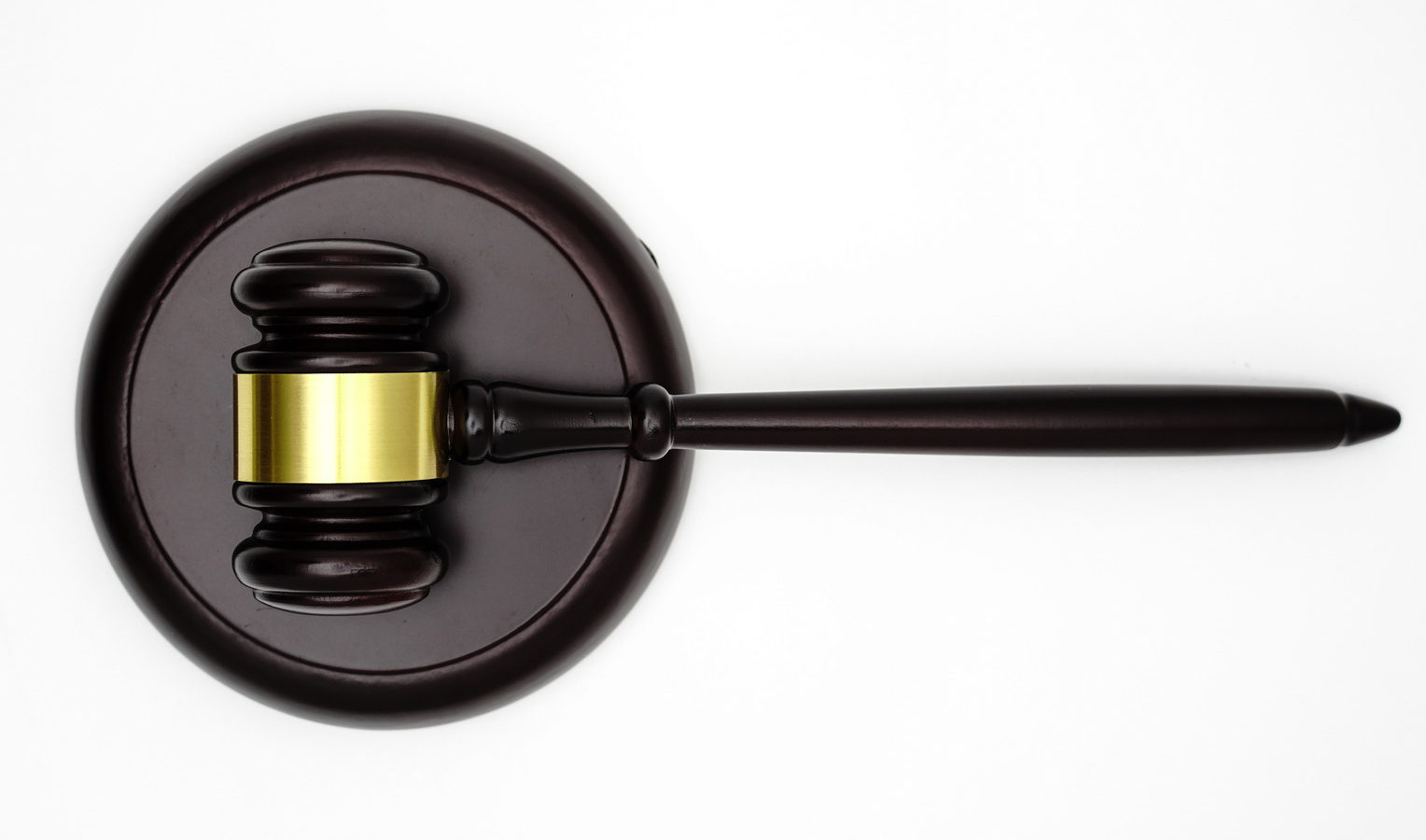When you are charged with a traffic offence you will be required to go to court for the matter.
The traffic offences you may be charged with can include but are not limited to:
- Careless driving;
- Drink driving;
- Drug driving;
- Disqualified driving;
- Dangerous driving;
- Driving while suspended; and
- Driving without a drivers licence.
If you have been charged with any of the above offences by the police, you will have been issued a Notice to Appear in court. When charged with a traffic offence you should consider contacting an experienced traffic lawyer to get some advice about your matter. If you engage a lawyer, they can represent you in court and assist you with the court proceedings.
When you go to court for your traffic offence you are required to tell the court if you are pleading guilty or not guilty to the charge.
How to plead guilty in traffic court
If you are pleading guilty to the traffic offence, this means you are accepting the allegations against you and the court will give you a lower penalty than if you were found guilty at trial. You can finalise your matter when you attend court and you will normally be sentenced on that same day.
If you intend to plead guilty but require more time before you finalise the matter you can inform the court that you are seeking an adjournment. You will need to inform the court what the adjournment is for, which can include reasons such as seeking legal representation or legal advice. It may also be to allow you time to complete court preparations, for example, a traffic education program (such as the RATE Program). The adjournment is a process that allows you to attend court on another day, which is when you could then finalise the matter.
If you are pleading not guilty you will need to list your matter for trial. Before a trial, the police prosecutions will need to provide you with a brief of evidence. This brief will contain the evidence that the police will be relying upon for trial and the witnesses they will call to give evidence against you.
You are not generally required to provide the evidence you rely upon to police prosecutions, but there are some exceptions to this.
If you are found guilty at the end of the trial you will then be sentenced by the Magistrate. The penalty you will receive will be more severe than if you had pleaded guilty to the offence.
If you are found not guilty then that will be the end of the matter.





